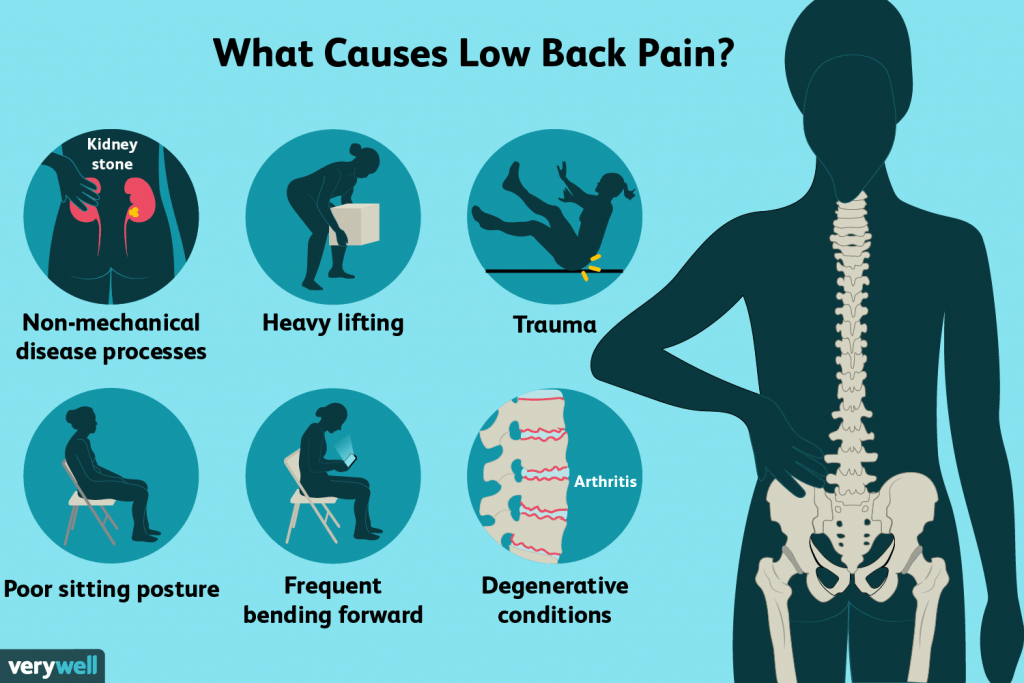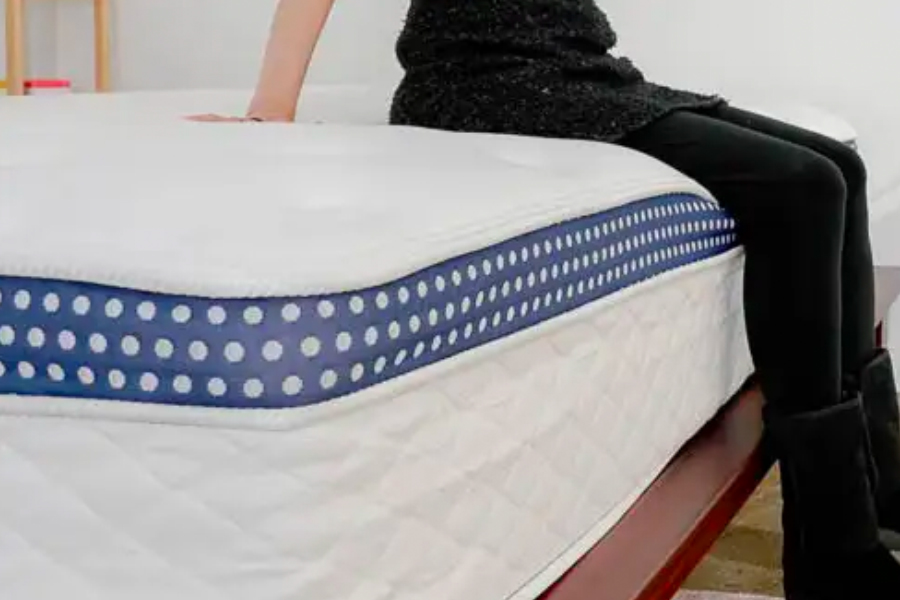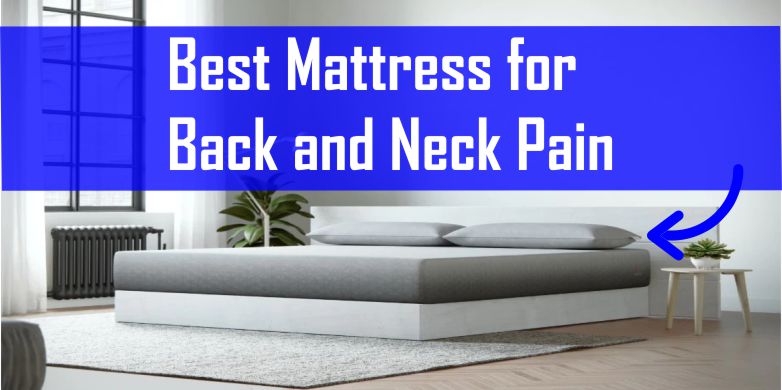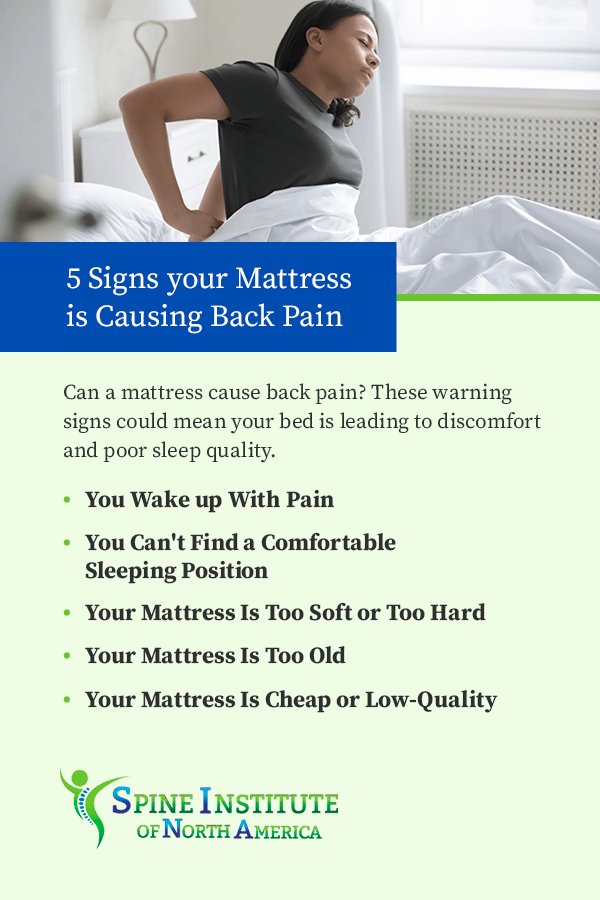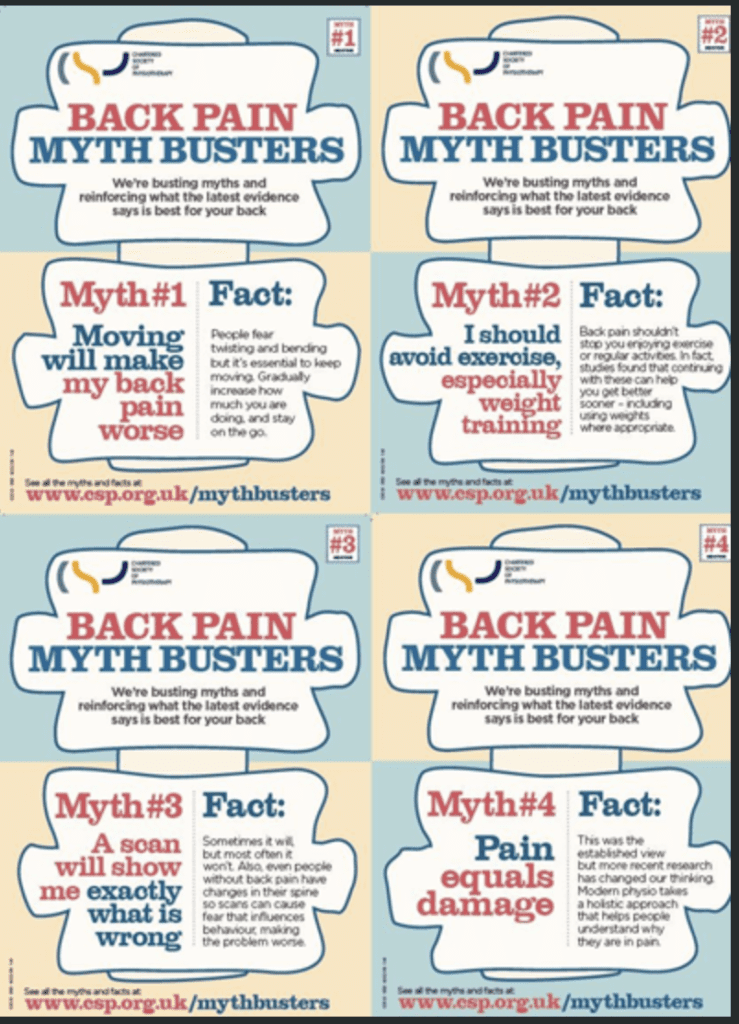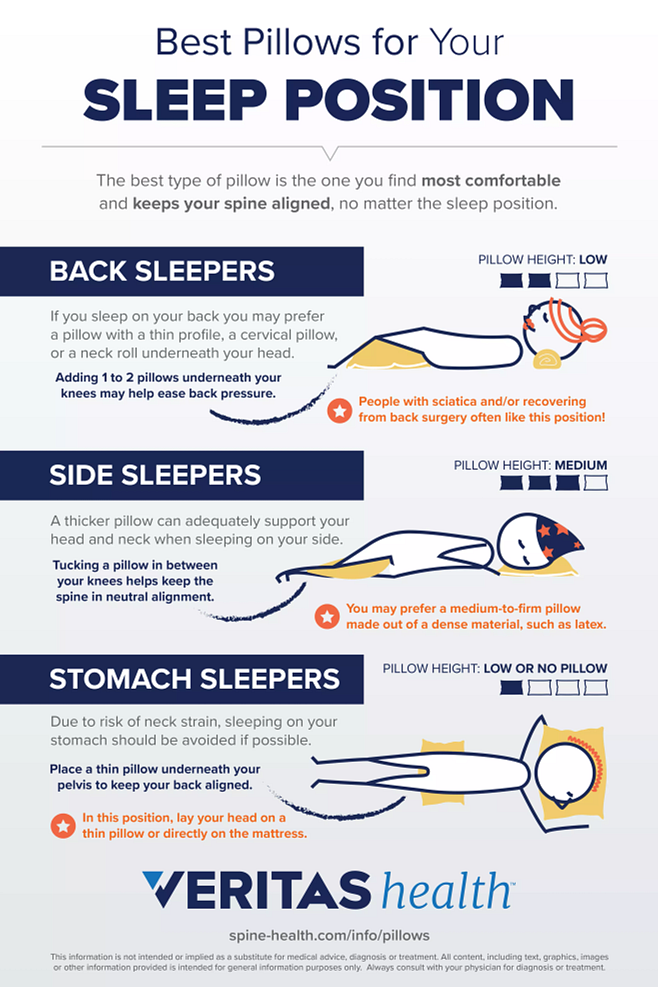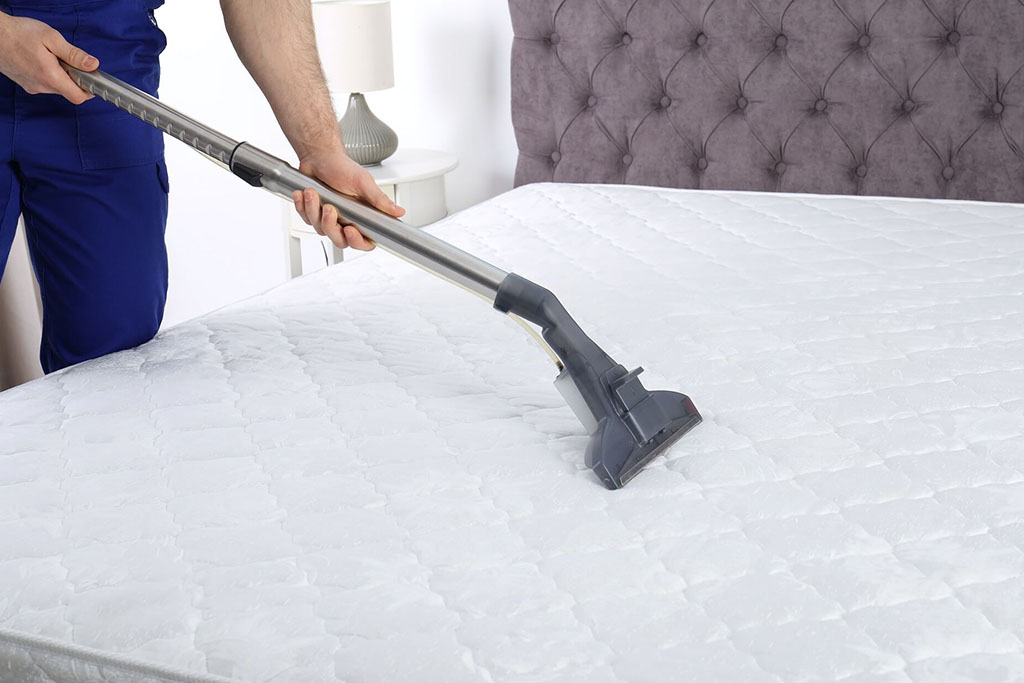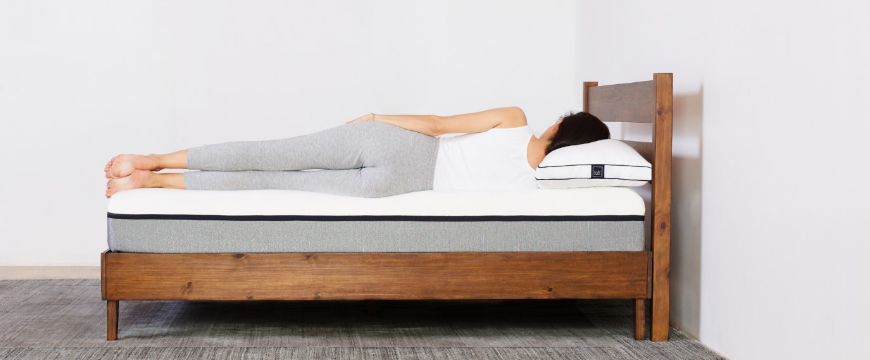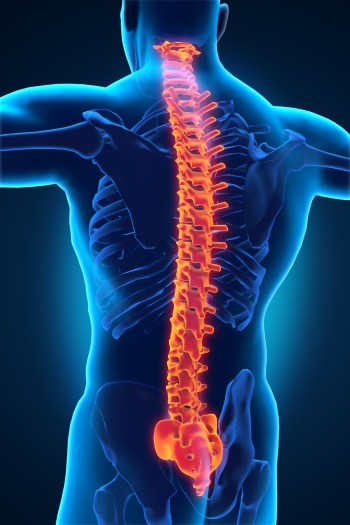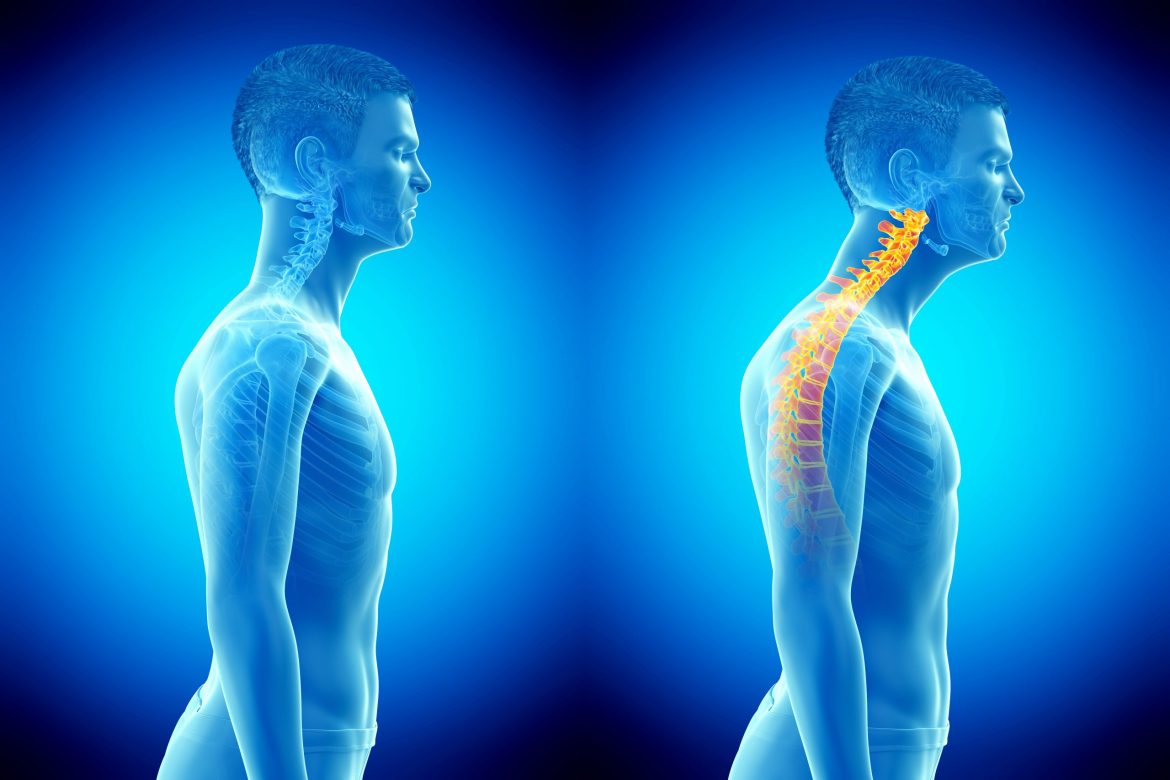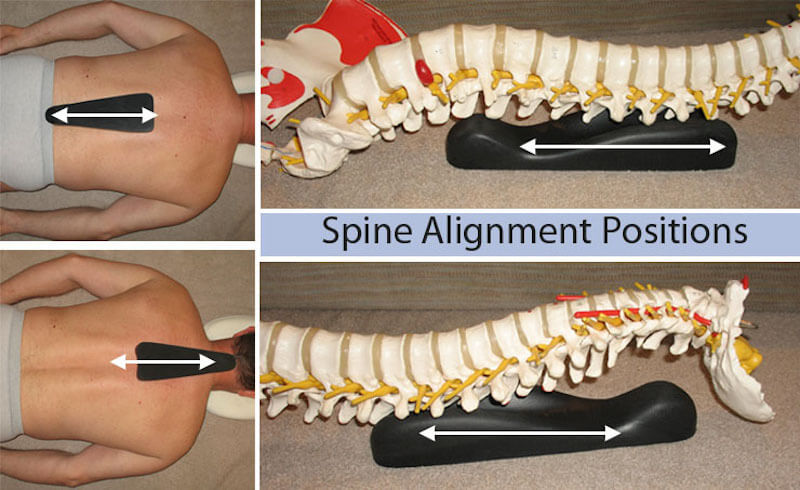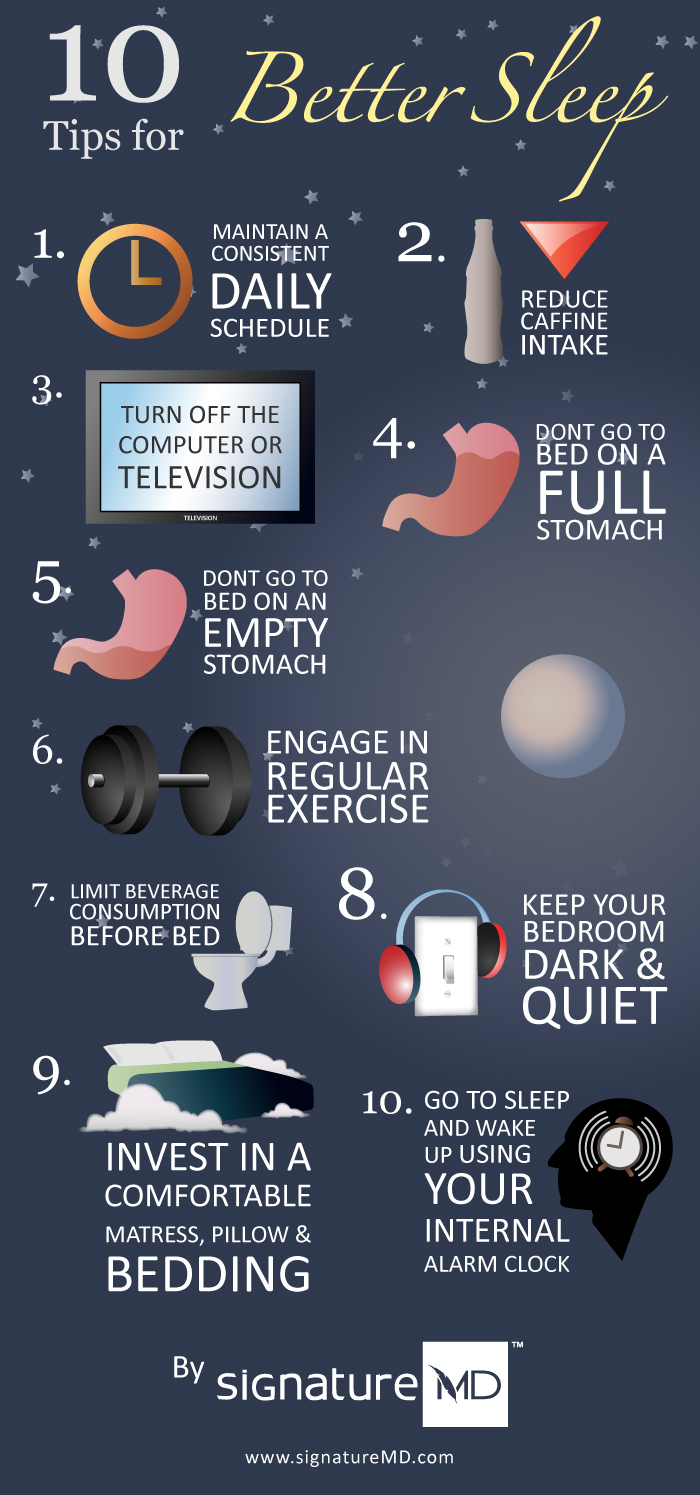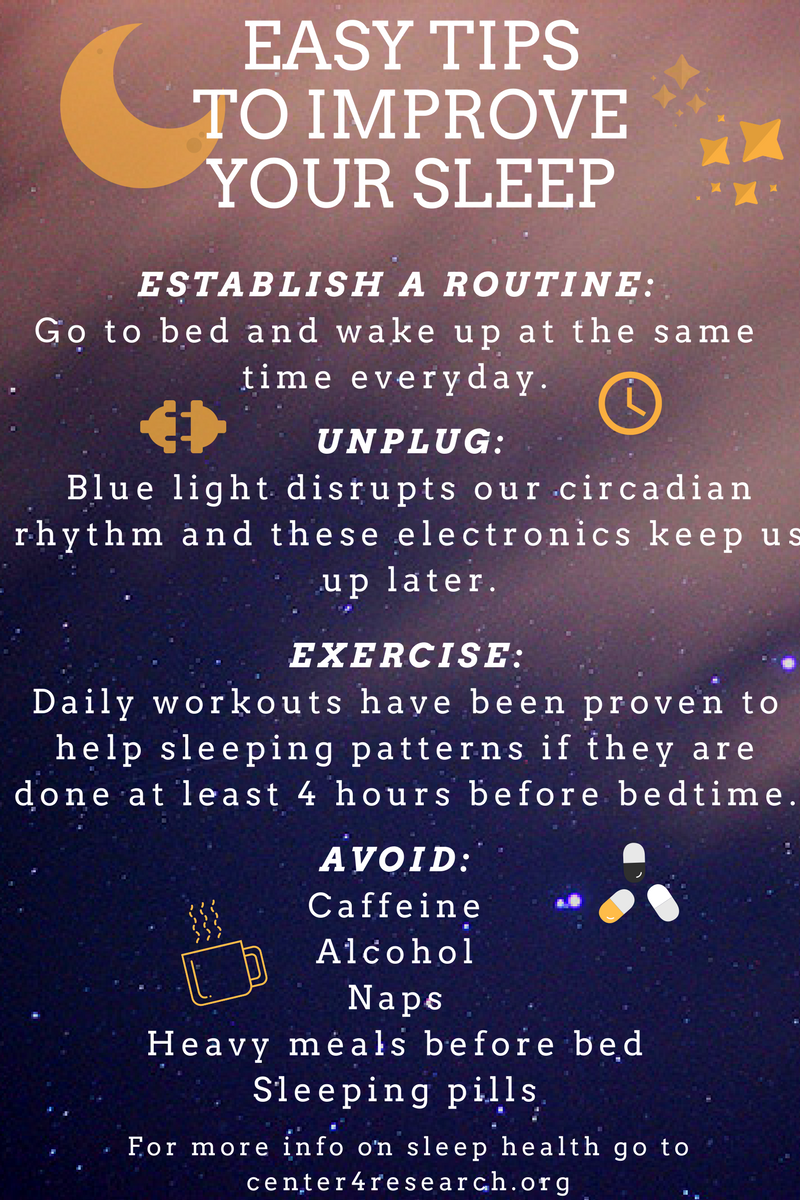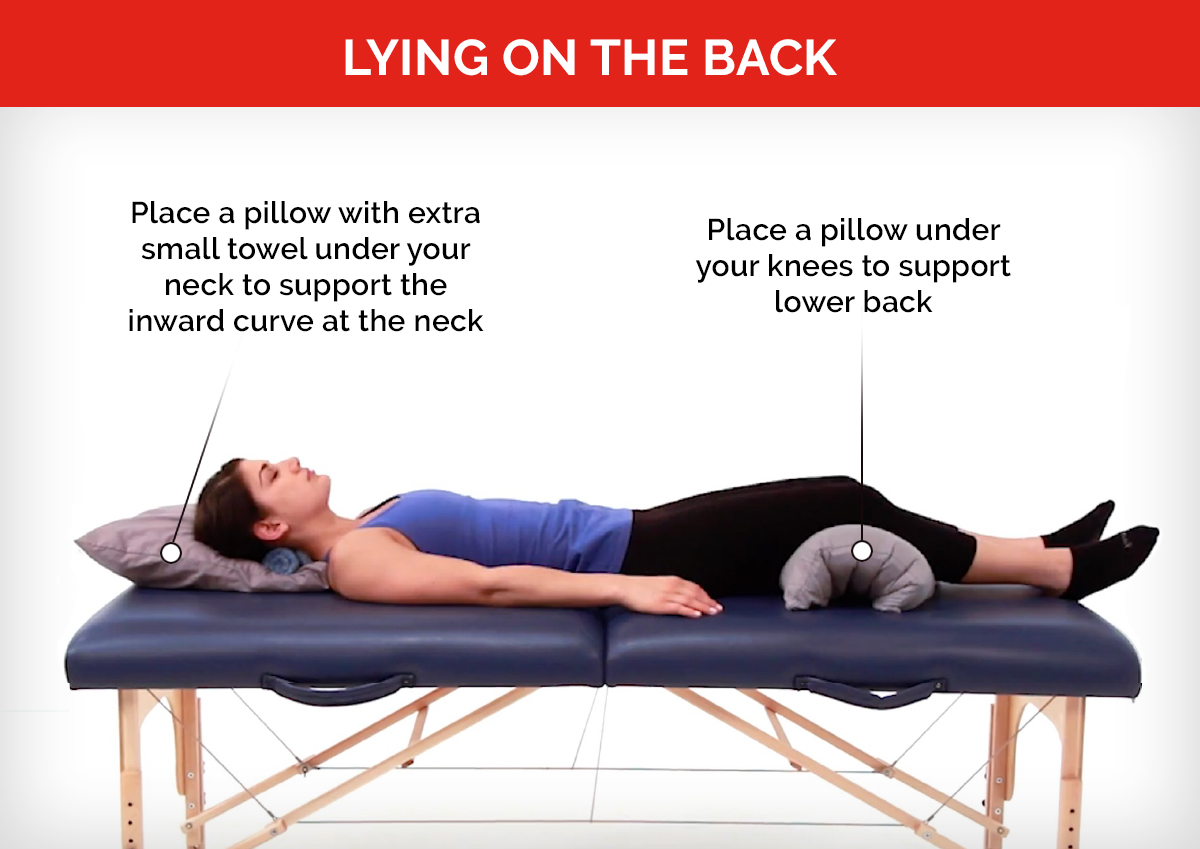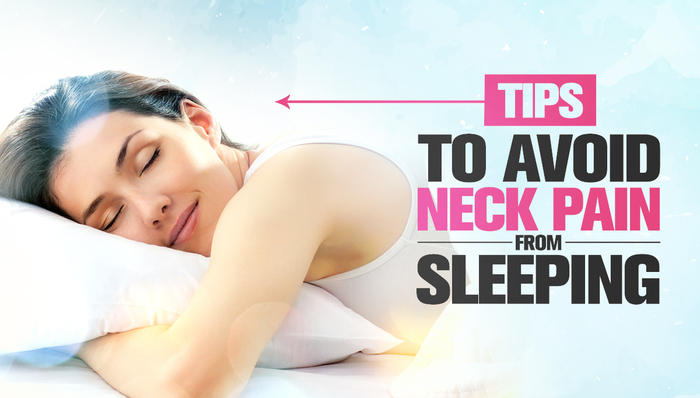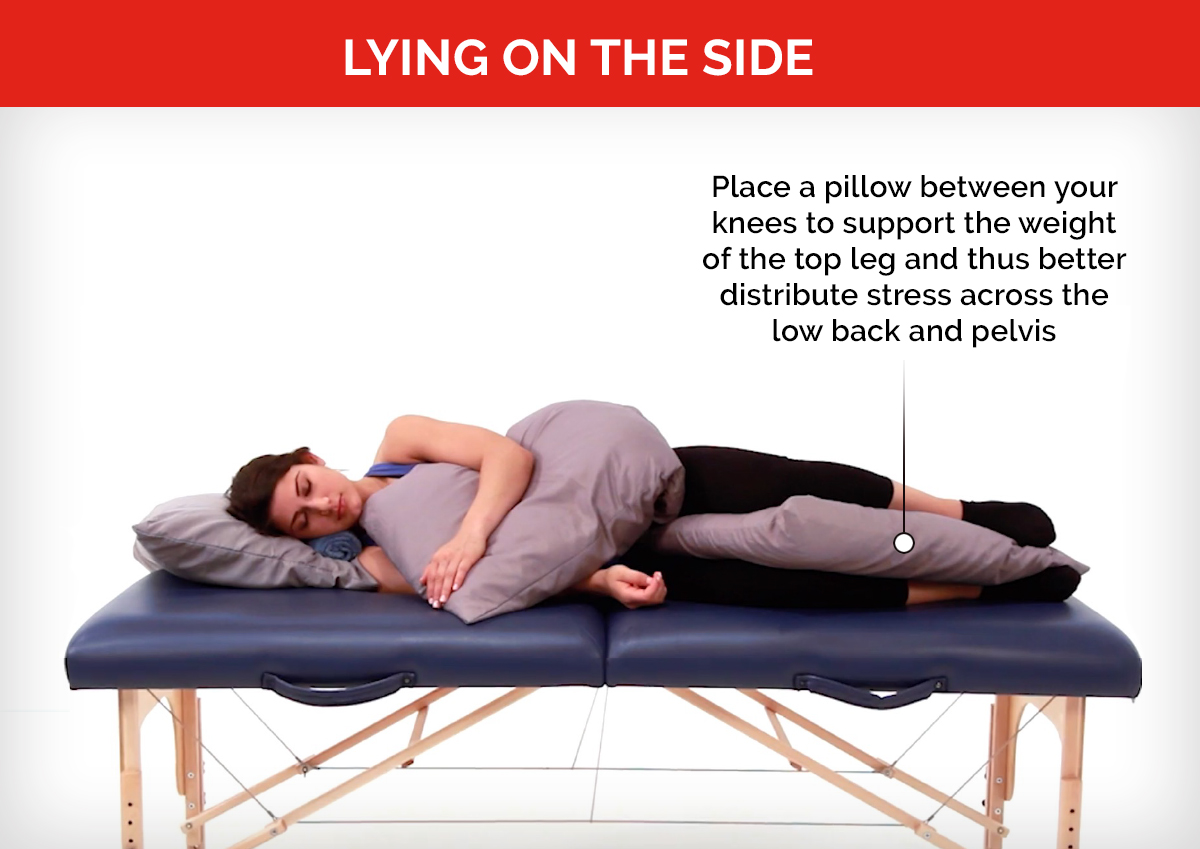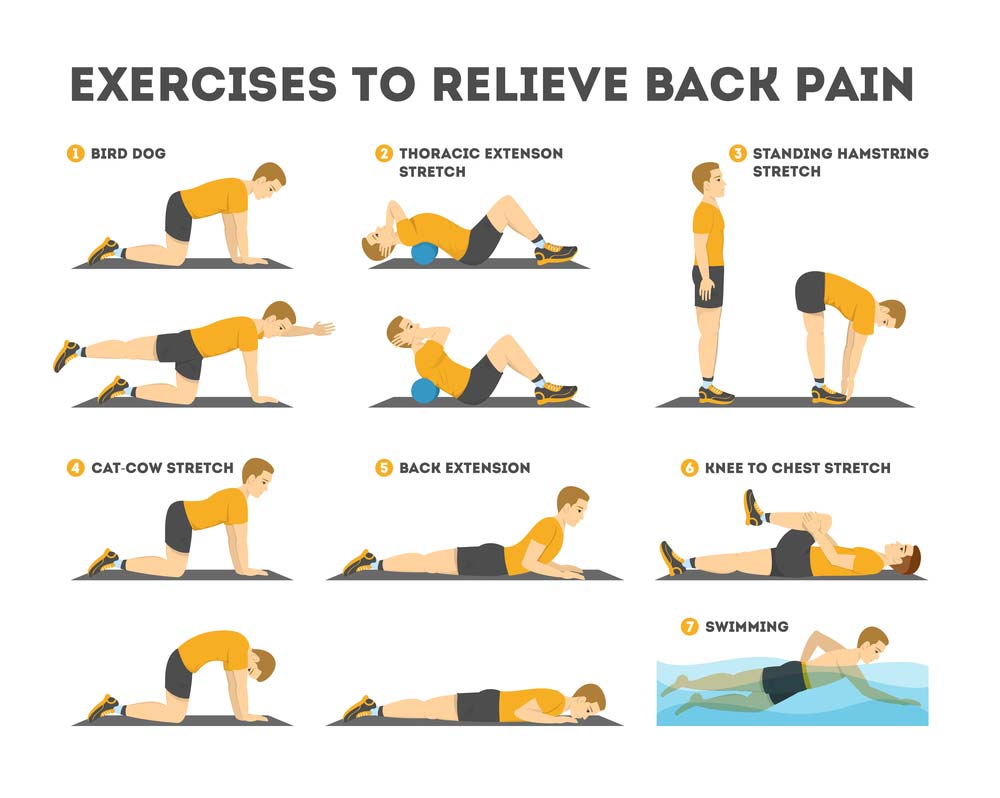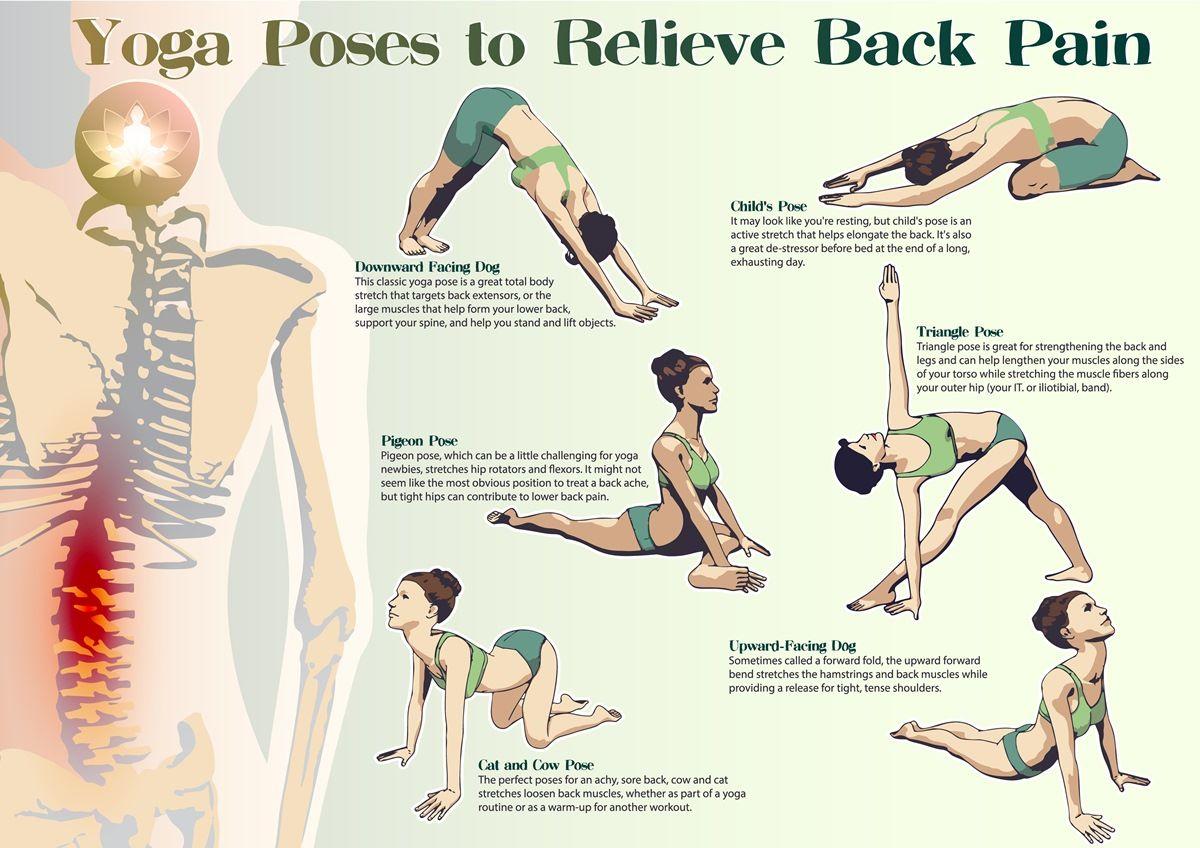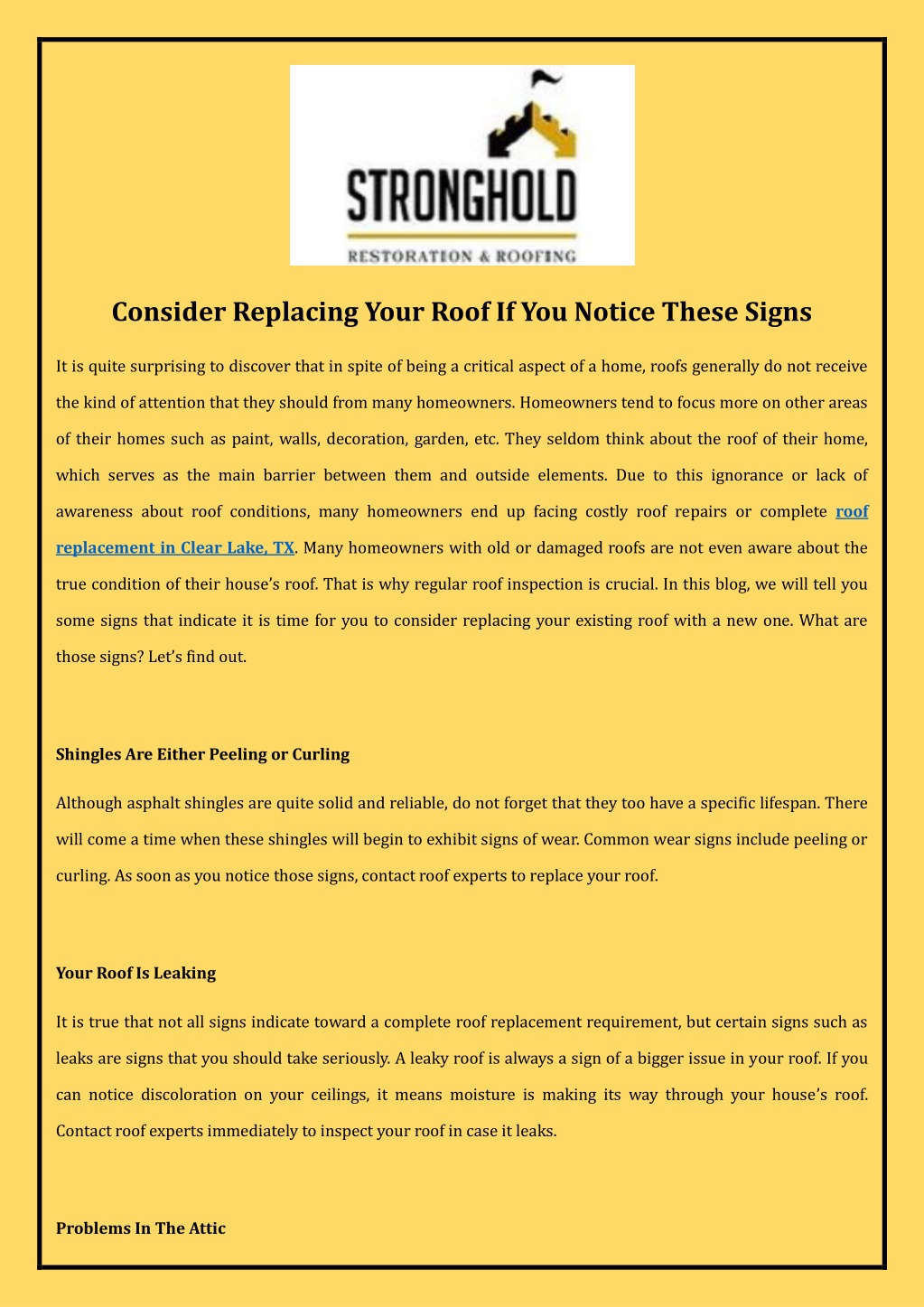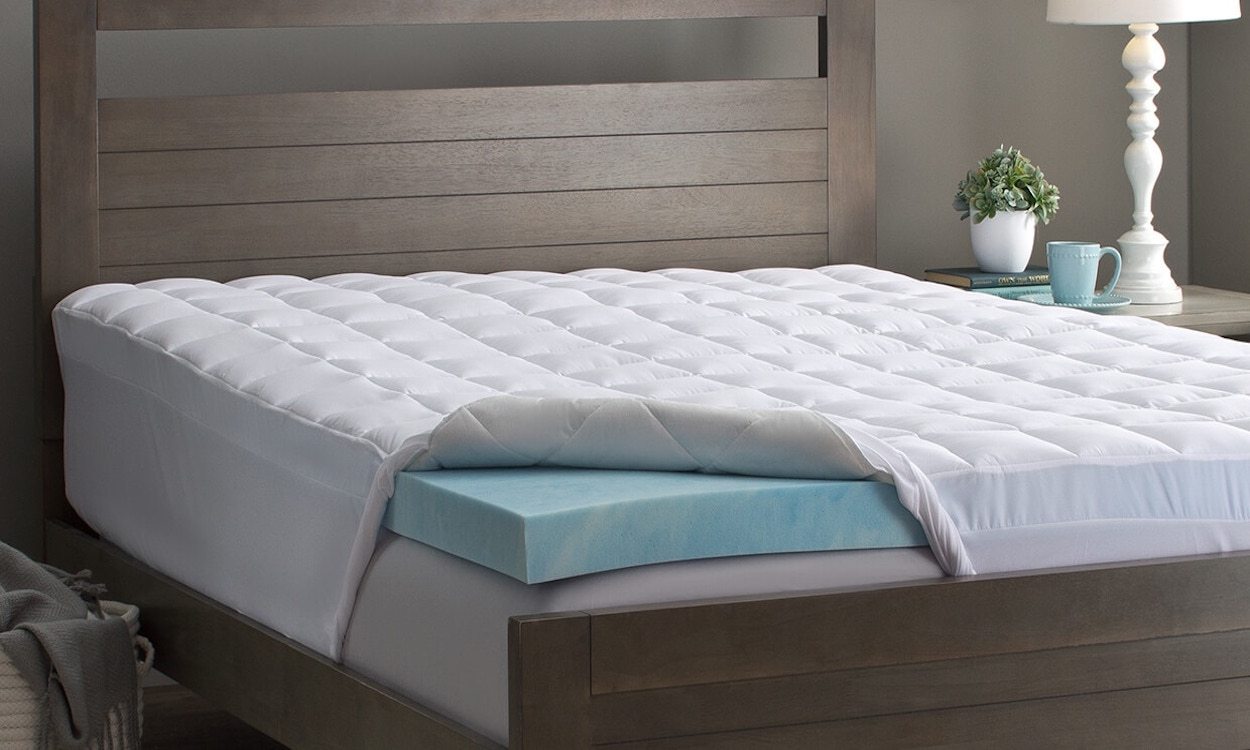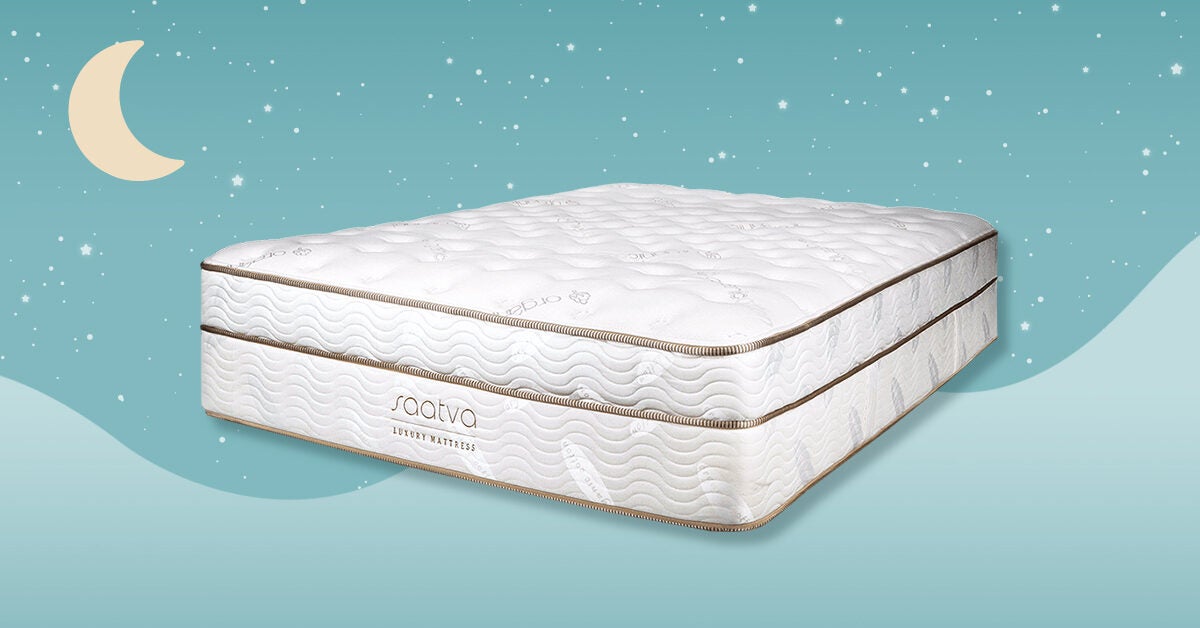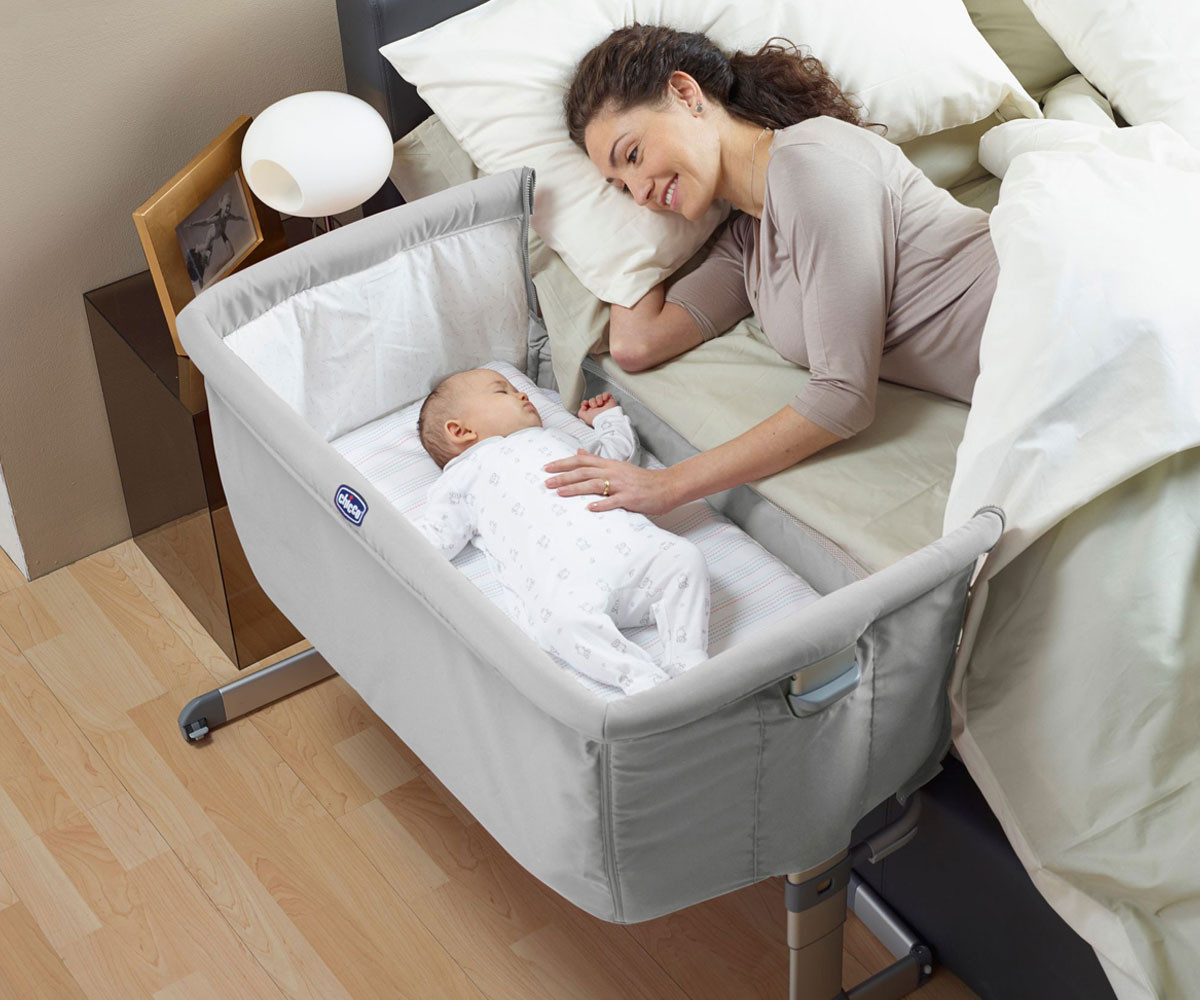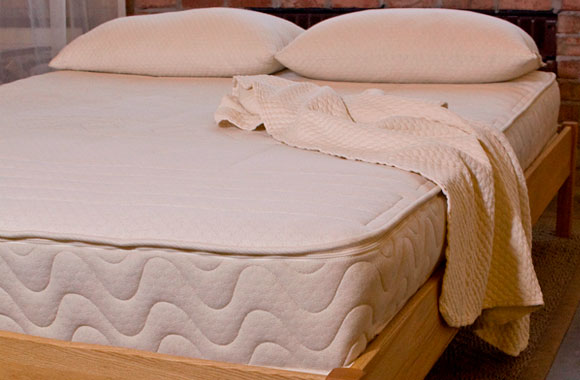If you wake up every morning with back and neck pain, your mattress may be to blame. While we often think of our mattress as a comfortable place to rest our bodies, it can actually have a significant impact on our spinal health. In fact, a bad mattress can cause or worsen back and neck pain, making it crucial to choose the right mattress for your needs.Can a Mattress Really Hurt Your Back and Neck?
When we sleep, our bodies naturally seek out a neutral spinal position. This means that our spine should be aligned in a straight line from our head to our feet. However, a mattress that is too soft or too firm can disrupt this alignment, causing our spine to curve and putting pressure on our back and neck muscles. Over time, this can lead to chronic pain and discomfort.How Your Mattress Can Cause Back and Neck Pain
Research has shown that a supportive mattress is crucial for maintaining good spinal alignment and preventing back and neck pain. A study published in the Journal of Chiropractic Medicine found that participants who slept on a medium-firm mattress reported significantly less pain and stiffness in the morning compared to those who slept on a firm mattress.Understanding the Link Between Mattresses and Back Pain
When it comes to choosing a mattress, there is no one-size-fits-all solution. It's important to find a mattress that supports your body and keeps your spine in a neutral position. For those with back and neck pain, a medium-firm mattress is often recommended. This provides enough support to keep your spine aligned, while also contouring to your body's curves for added comfort.Choosing the Right Mattress for Back and Neck Pain
There are many misconceptions about mattresses and their impact on back and neck pain. One common myth is that a firm mattress is always better for back pain. However, as mentioned earlier, a medium-firm mattress is often the best option. Another myth is that a mattress needs to be replaced every 8 years. While this is a general guideline, it's more important to pay attention to the condition and support of your mattress rather than its age.Common Mattress Myths and Facts About Back and Neck Pain
If you're experiencing back and neck pain, it's important to determine if your mattress is the culprit. One way to test this is by paying attention to how you feel when you wake up. If you feel stiff and sore, your mattress may not be providing enough support. You can also try sleeping on a different mattress, such as a hotel mattress, to see if your pain improves.How to Tell if Your Mattress is Causing Your Back and Neck Pain
Proper spinal alignment is crucial for overall back and neck health. When our spine is not aligned, it can put excess strain on our muscles and lead to pain and discomfort. In addition to choosing the right mattress, it's important to practice good posture and incorporate exercises and stretches to improve and maintain proper spinal alignment.The Importance of Proper Spinal Alignment for Back and Neck Health
Getting a good night's sleep is essential for our overall health and well-being. To improve your sleep and reduce back and neck pain, try incorporating a few simple tips into your routine. This can include creating a comfortable sleep environment, practicing relaxation techniques, and establishing a consistent sleep schedule.How to Improve Your Sleep and Reduce Back and Neck Pain
In addition to choosing the right mattress, regular exercise and stretching can also help alleviate back and neck pain caused by a bad mattress. Exercises that focus on strengthening the core and back muscles can improve spinal support and reduce pain. Stretching can also help improve flexibility and relieve tension in the neck and back.Exercises and Stretches to Relieve Back and Neck Pain Caused by Your Mattress
If your mattress is causing chronic back and neck pain, it may be time to consider replacing it. While this can be a significant investment, the long-term benefits of a supportive mattress cannot be overstated. Keep in mind that mattresses have different lifespans depending on their materials and quality, so it's important to do your research and choose a high-quality mattress that will last for years to come. In conclusion, a mattress can definitely hurt your back and neck if it does not provide proper support and alignment. By understanding the link between mattresses and back pain, choosing the right mattress, and incorporating healthy sleep habits and exercises, you can improve your spinal health and wake up feeling well-rested and pain-free.When to Consider Replacing Your Mattress for Better Back and Neck Health
How a Mattress Can Contribute to Back and Neck Pain

When it comes to designing a comfortable and functional bedroom, one of the most important factors to consider is the mattress. After all, we spend about one-third of our lives sleeping, so it's crucial to have a supportive and comfortable surface to rest on. However, it's not uncommon for people to wake up with back and neck pain, and the culprit could very well be their mattress.
The Importance of Proper Spinal Alignment

Our spine is made up of 33 vertebrae and is responsible for supporting our entire body. When we sleep, our spine needs to be properly aligned in order to relax and recover from the day's activities. A mattress that is too soft or too firm can disrupt this alignment and cause strain on our muscles, resulting in back and neck pain.
Studies have shown that a medium-firm mattress is the best for maintaining proper spinal alignment and reducing back pain. This type of mattress provides enough support to keep the spine in its natural curve while also allowing for some contouring to relieve pressure points.
The Role of Mattress Age and Quality

Aside from choosing the right level of firmness, the age and quality of your mattress can also contribute to back and neck pain. Over time, mattresses tend to lose their shape and support, especially if they are made from low-quality materials. This can lead to sagging in certain areas, which can cause uneven weight distribution and strain on the spine.
It's important to replace your mattress every 7-10 years to ensure that it is still providing adequate support. Investing in a high-quality mattress made from durable and supportive materials can also prevent premature wear and tear, helping to maintain proper spinal alignment for years to come.
Other Factors to Consider

Aside from the mattress itself, there are other factors to consider when it comes to back and neck pain. Sleeping position, pillow support, and preexisting conditions can all play a role in how well you sleep and whether you wake up with pain.
For example, those who sleep on their stomachs may experience more back and neck pain due to the strain placed on their spine. Using a pillow that is too high or too low can also disrupt spinal alignment and cause discomfort. It's important to find a pillow that supports your neck and keeps it in line with your spine.
Conclusion
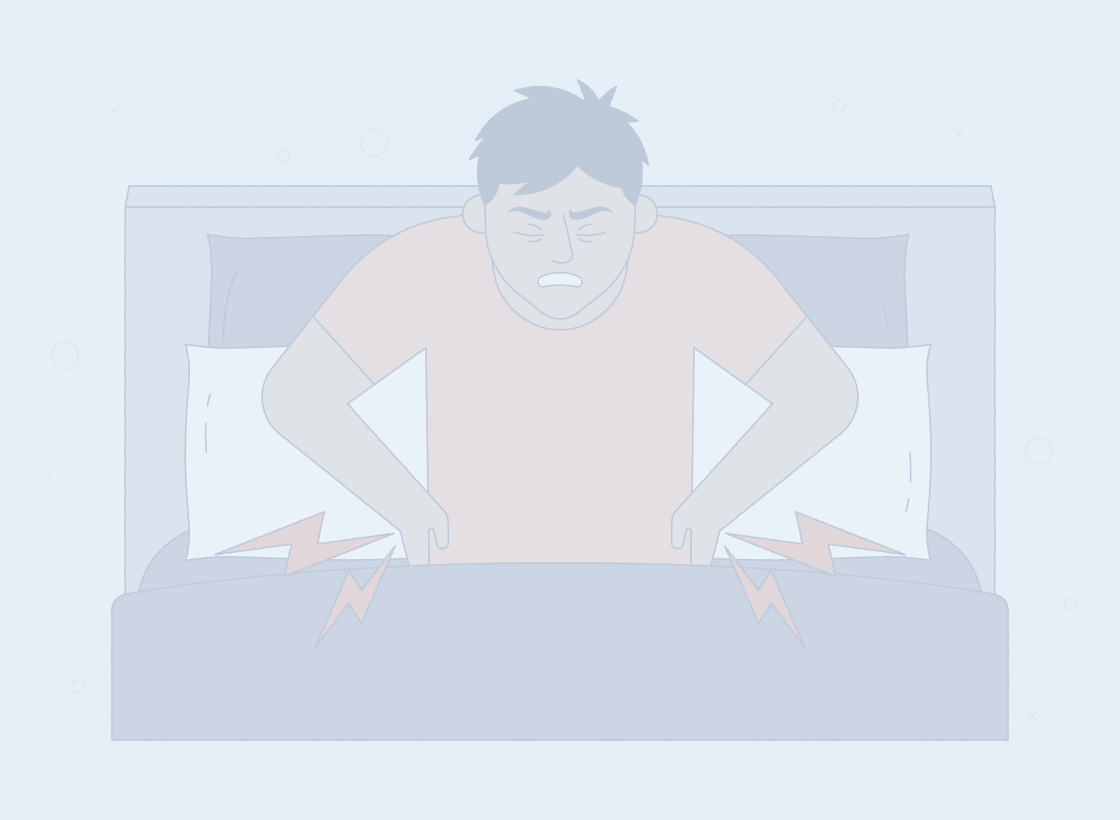
In conclusion, a mattress can definitely contribute to back and neck pain. The key is to find a mattress that provides proper support and maintains spinal alignment. Along with regular replacement and good pillow support, a high-quality mattress can greatly improve your sleep and reduce discomfort in your back and neck.













